If Scotland Votes Yes, This Will Happen
With polls showing Scotland's upcoming independence referendum too close to call, the rest of the United Kingdom is starting to consider seriously the implications of a "Yes" victory.
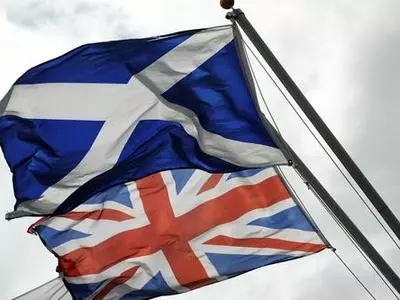
With polls showing Scotland's upcoming independence referendum too close to call, the rest of the United Kingdom is starting to consider seriously the implications of a "Yes" victory.
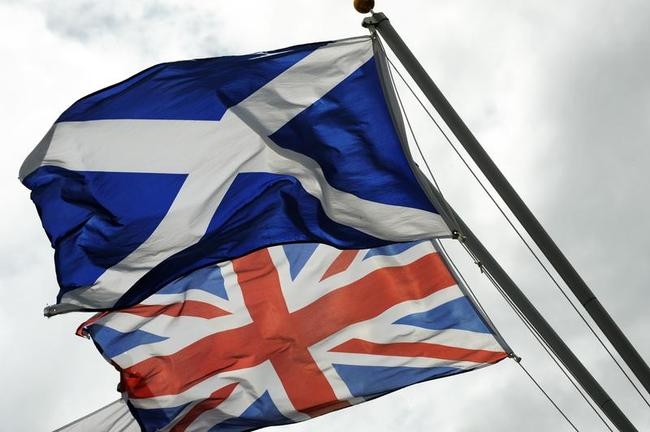
With polls showing Scotland's upcoming independence referendum too close to call, the rest of the United Kingdom is starting to consider seriously the implications of a "Yes" victory.
A pro-independence vote would be a global sensation but would change little in the immediate term, except perhaps boost calls for British Prime Minister David Cameron to resign.
?
In Pic:?The Saltire, the flag of Scotland flies above the Union flag.
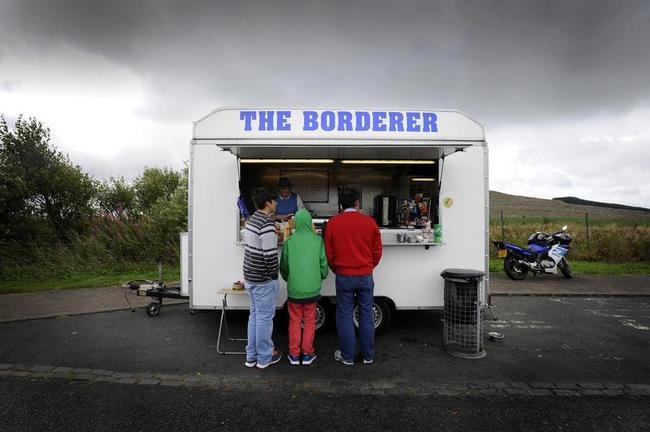
But the vote would sound the starting gun for complex talks between the British and Scottish governments on separating two deeply interlinked economies and political systems with three centuries of shared history, finally leading to full independence.
?
In Pic: A fast food caravan sits at the border between Scotland and England at Carter Bar.
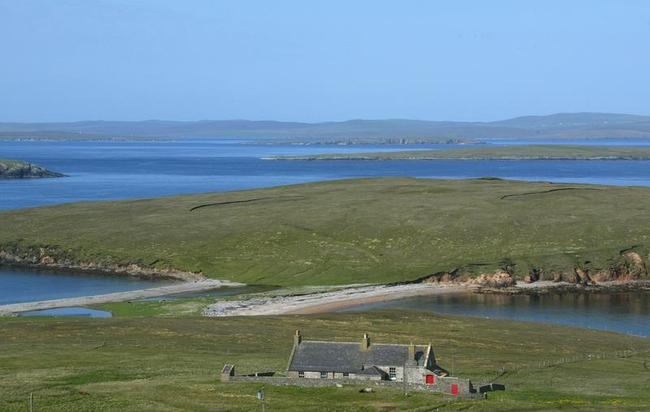
The Scottish National Party (SNP) government has already set the date of March 24, 2016 -- the 309th anniversary of the Acts of Union between England and Scotland -- for a division that would cut the United Kingdom's landmass by a third and its population by around eight percent.
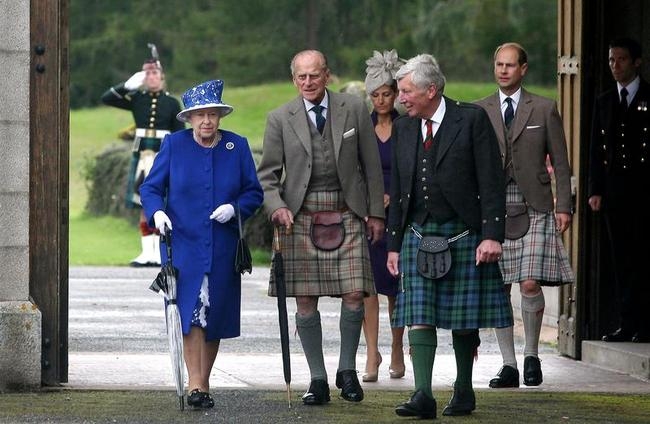
Scotland would be the first independent state created in Europe since the bloody disintegration of Yugoslavia and the world's newest country since South Sudan in 2011.
?
Much of what happens between a "Yes" vote on Thursday and 2016 is uncertain, as is the question of whether Scotland could continue to be a member of the European Union as an independent entity, or whether it would have to start again and re-apply.
In Pic:?(L-R) Britain's Queen Elizabeth II, Prince Philip, Duke of Edinburgh, Sophie, Countess of Wessex, and Prince Edward, Earl of Wessex.
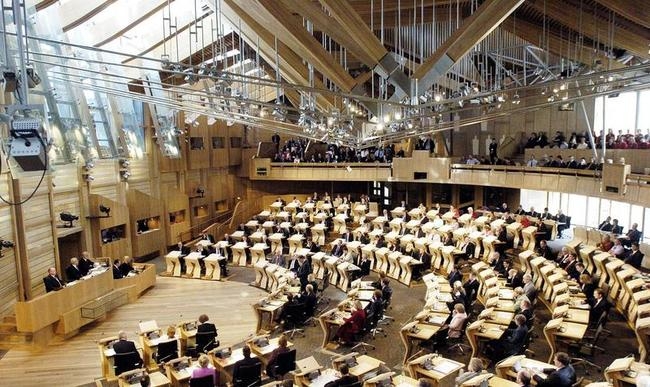
The Scottish government has said the first step taken "soon after a vote for independence" would be to seek a formal transfer of powers to the Scottish parliament to establish "the constitutional platform for an independent Scotland".
?
It said it would also start pre-independence talks with the EU "to settle the terms of an independent Scotland's continuing membership" -- even though outgoing European Commission chief Jose Manuel Barroso has warned this would be "extremely difficult".
?
In Pic: Members of the public watch the Executive's legislative programme being laid out as the new Scottish Parliament opened at Holyrood, Edinburgh.
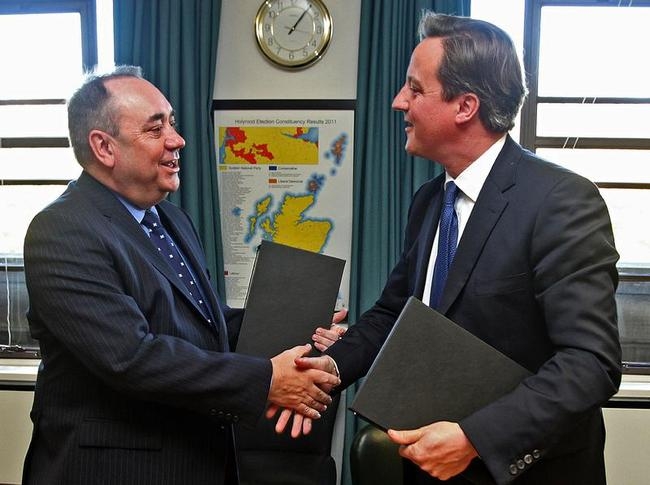
The date of Britain's next general election -- scheduled for May 2015, when the current five-year mandate runs out -- could be put back if there is an independence vote, as lawmakers from Scotland could only sit in parliament for the relatively short time before full independence.
?
The consensus among analysts is that the election would not be delayed but that newly-elected Scottish MPs would not be allowed to vote on any laws solely concerning other parts of the UK.
?
In Pic: Scotland's First Minister Alex Salmond (L) and British Prime Minister David Cameron.
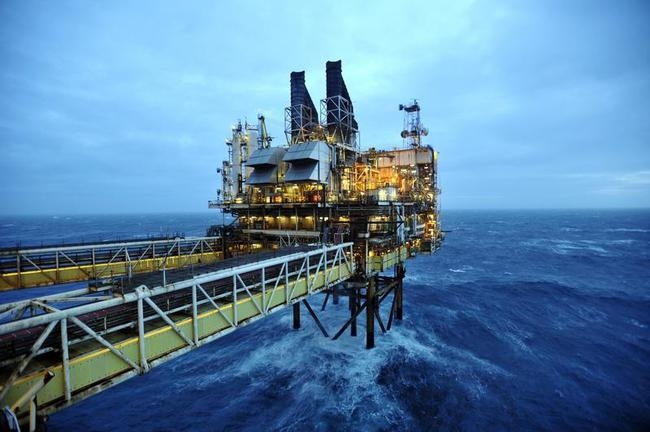
Here are the main practical steps that would likely be taken on the path to Scotland becoming entirely separate:
?
1) ?Oil and gas: The North Sea offshore fields would likely be divided up geographically and the government in Edinburgh would move quickly to assert control. Eighty-five percent of known reserves in the area are in what would be Scottish waters and the sector would make up around 15 percent of the new Scotland's economy
?
In Pic: A picture shows section of the BP ETAP (Eastern Trough Area Project) oil platform in the North Sea, around 100 miles east of Aberdeen, Scotland.
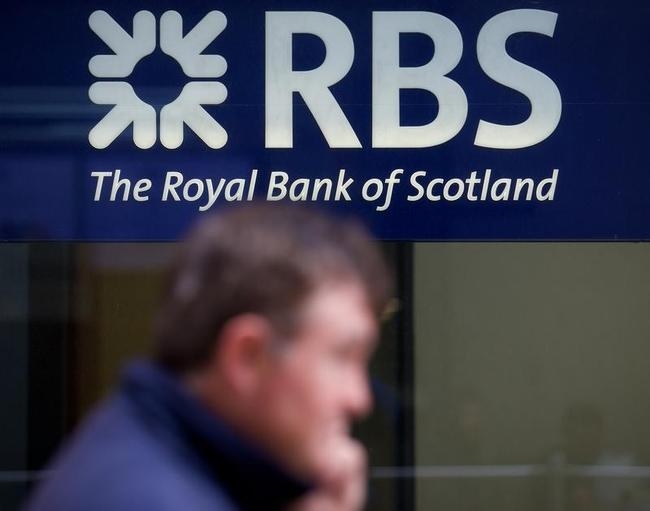
2) Sharing debt, currency: A key economic question will be how to share out Britain's ?1.4 trillion (1.8 trillion euros, $2.3 trillion) debt. The Scottish government has said this could be divided on the basis of population share or of Scotland's historic contribution to Britain's public finances.
?
Scotland would continue using the pound in the coming months, but what happens after full independence is in doubt as the British government has excluded a currency union.
?
The most likely option currently seems to be that Scotland would use the pound without a formal agreement with Britain or a say in policy -- like Panama using the US dollar, or Kosovo using the euro.
?
In Pic: A pedestrian walks past a Royal Bank of Scotland sign in central London
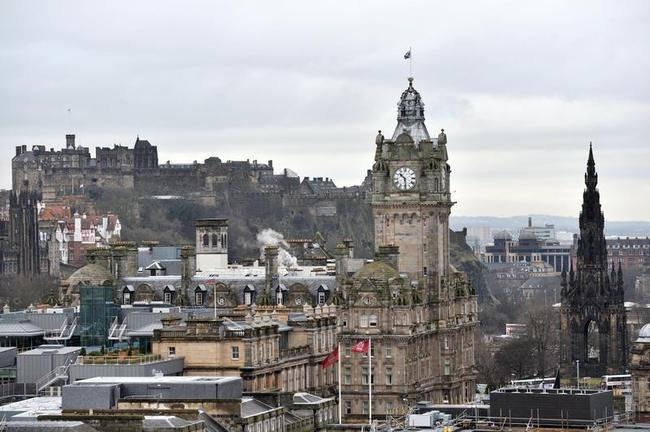
3) Constitution: The Scottish government has also said it wants a convention bringing together businesses, civil society and trade unions to come up with a written constitution along European lines, something that Britain lacks.
?
It has said this should include a constitutional ban on nuclear weapons being based in Scotland and wants take steps to order out Britain's Trident nuclear submarines currently based at the Faslane naval base near Glasgow by 2020.
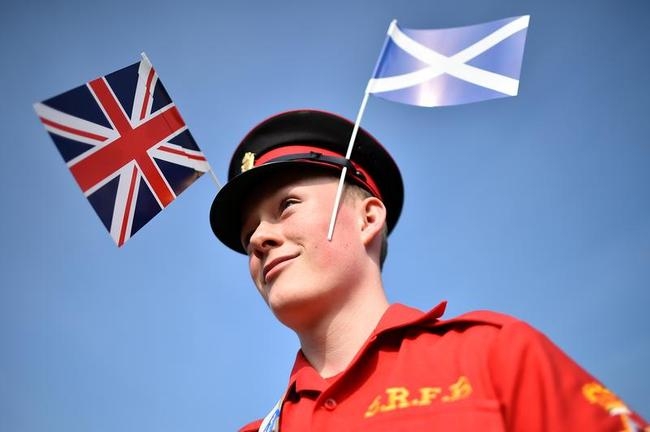
4) Border: The issue is complex as Scotland's plan to ease immigration rules might prompt the rest of Britain to set up barriers and checks.
